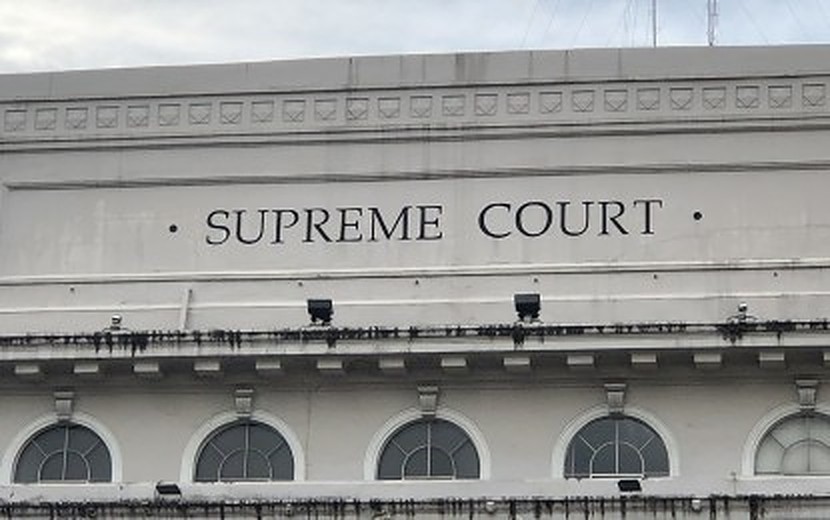
By Benjamin Pulta | Philippine News Agency
The Supreme Court (SC) on Tuesday clarified that its September ruling on the Bangsamoro Autonomous Region in Muslim Mindanao (BARMM) goes into effect even as an appeal was filed.
‘Immediately executory’ means that the decision should be fully implemented despite the pending motion for reconsideration, SC spokesperson Camille Sue Mae Ting told the media.
“There would be no reason for the Court to say it was immediately executory if it intended otherwise,” Ting said. “The Court, consistent with its prior rulings, issued the order making the decision immediately executory, knowing that the election cannot be postponed.”
The high tribunal upheld the validity of Republic Act No. 11054 or the Organic Law for the Bangsamoro Autonomous Region in Muslim Mindanao (Bangsamoro Organic Law) because it does not make BARMM a separate state from the Philippines.
“The law did not give it the power to enter into relations with other states, nor did it grant the BARMM its sovereignty. Matters of national defense and security, citizenship, foreign policy, and foreign trade remain with the national government,” the SC ruled.
However, it ruled that Sulu province is not part of the BARMM after the province rejected the law’s ratification.
The Bangsamoro Attorney General’s Office filed two motions in October, seeking to intervene and asking the court for a reconsideration.
Meanwhile, the Senate and the House of Representatives have filed separate bills seeking to reset the BARMM parliamentary elections from May 2025 to May 2026.
The Bangsamoro Organic Law, enacted on July 27, 2018, provided for the establishment of BARMM as a political entity and its corresponding basic governmental structure.
A plebiscite was conducted on Jan. 21, 2019, covering the then-Autonomous Region in Muslim Mindanao, Isabela City in Basilan, and Cotabato City.
Another plebiscite was held on Feb. 6, 2019 in Lanao del Norte, municipalities in North Cotabato, and other areas that petitioned for voluntary inclusion.
The majority ratified the law, except for Sulu.
Despite this, Sulu was included in BARMM, prompting the province to file a petition.
